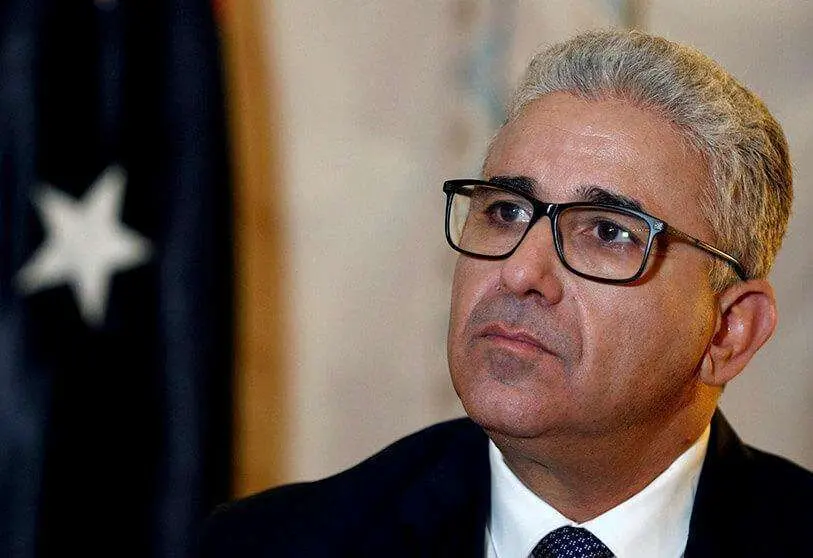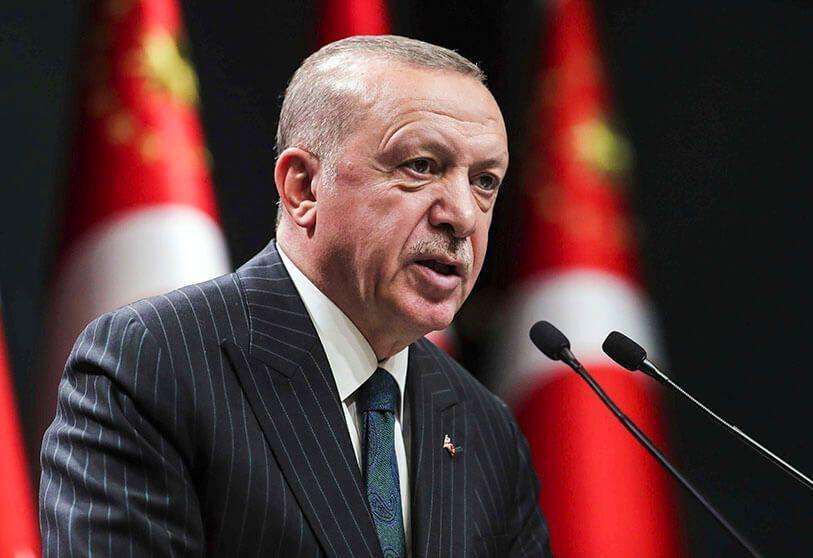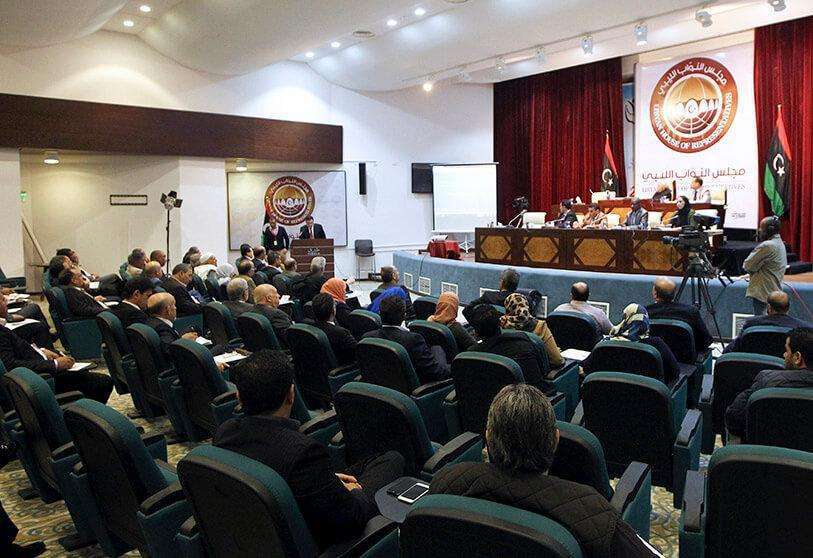Erdogan's neutrality gives green light to the formation of Fathi Bashagha government

Libya's House of Representatives defied Dbeibé's executive several days ago by appointing Fathi Bashagha as the country's new prime minister. This decision provoked the hitherto political leader's discontent and he lashed out at the institution.
Turkish President Erdogan has not come out in favour of either side, although he has expressed his rejection of the formation of a parallel government. This neutrality has led some Libyan political circles to believe that he is backing Bashagha in setting up his new cabinet.
This also favours the isolation of Dbeibé, whose refusal to relinquish power received no international support. On a return flight from Dubai after his official visit to the UAE, the Turkish president said that "relations with Fathi Bashagha are good. On the other hand, they are also good with Dbeibé'.
He also made special mention of the assassination attempt on the former Libyan prime minister, describing it as a sad event. The statements confirm the neutrality of Turkey's position on the controversy surrounding the change of power in Libya. Preserving good relations with Libya is one of Erdogan's primary objectives, regardless of who is at the helm of government.

Since taking office, Dbeibé has maintained strong relations with Turkey and signed numerous agreements with Turkish companies. Analysts believe that Ankara is seeking to "exploit the prevailing climate of calm in the region to tie strong relations".
Several meetings between Libya and Turkey have taken place in recent months. A Libyan parliamentary delegation travelled to Turkish territory and met with several officials. The Turkish ambassador in Tripoli, Kanaan Yilmaz, visited the eastern region at the end of January.
Countries such as Russia and Egypt support the parliament's decision to form a new government. The US and the West, for their part, remain generally neutral on the change. Having the Kremlin's approval reflects Bashagha's triumph, given Moscow's position.
He also succeeded in restoring relations between Libya and France, which led Turkey to favour Dbeibé in his bid to form an interim government in February 2020. Regarding the UK, last December Bashagha sharply criticised Britain, accusing it of 'supporting a corrupt government'.

Corruption scandals began to spread and warrants were issued for the arrest of three ministers. The Minister of Education, the Minister of Health and the Minister of Culture were arrested. Dbeibé's opponents levelled accusations against him.
The Libyan parliament and the Supreme Council of State support the change of government. However, Khaled al-Mashri, head of the Council, said that "Parliament's decision to elect a new prime minister before holding an official session of the Supreme Council is an improper move" that does not help in building "bridges of trust" between the two chambers.
Al-Mashri's words were used by Dbeibé's supporters to promote the idea that the Supreme State Council had withdrawn its support for Bashagha's government. The Speaker's statements indicated disagreement with the election procedure.
The Supreme Council gave a vote of confidence to Dbeibé to form a transitional government until the elections were held. Al-Mashri claimed that the text accompanying this decision contained in one of its articles that "the mandate of National Unity will be until 24 December 2021 at the latest". He also argued that Bashagha's appointment was based on consensus between the Council and the House of Representatives.








